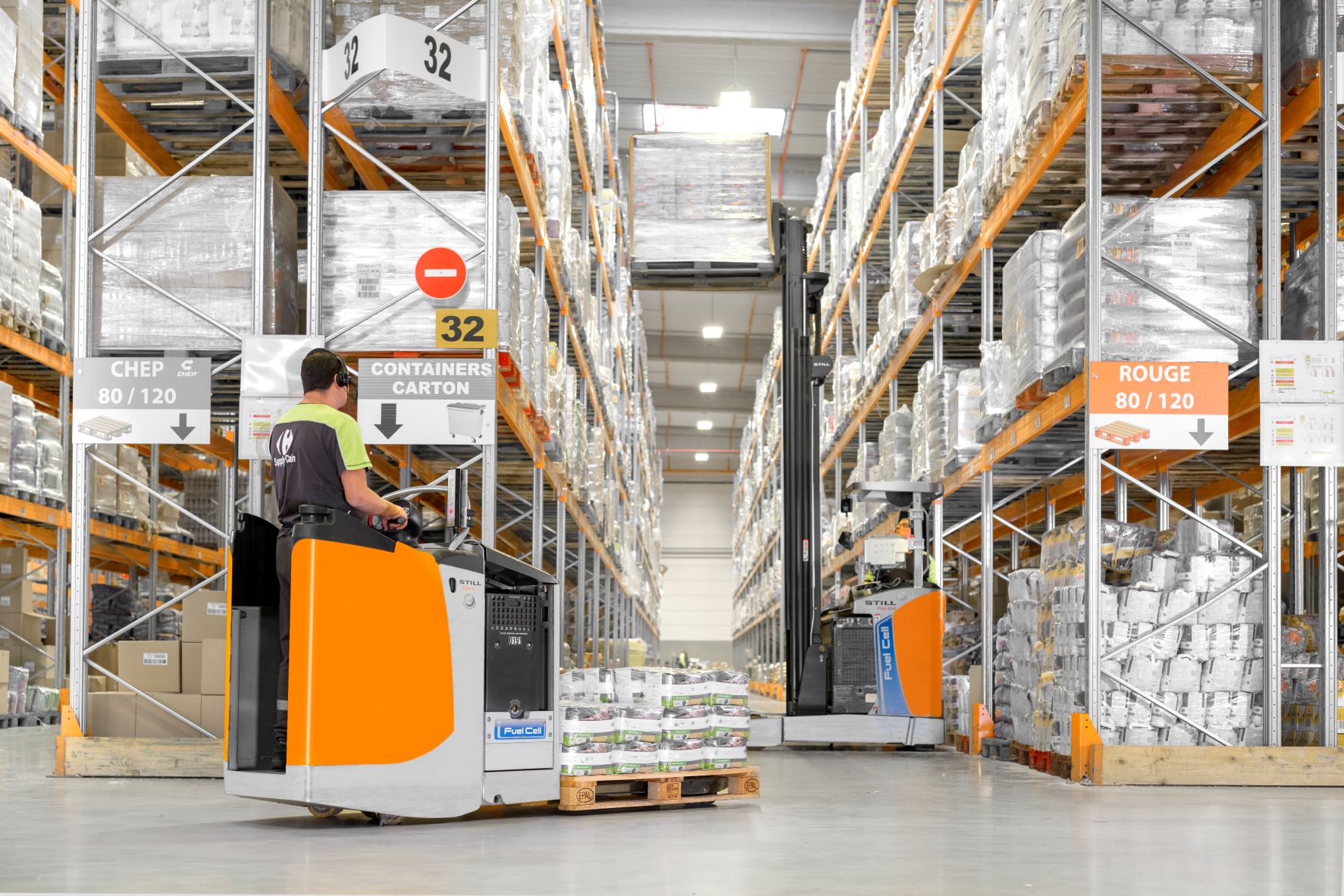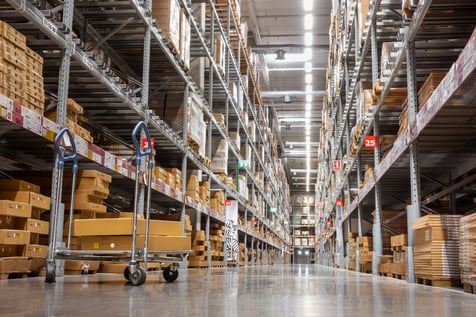RAJA Group, a European leader in the distribution of packaging, office supplies and industrial equipment, brought together its 300 most important suppliers on October 14th in Frankfurt as part of the RAJA Group Suppliers’ Day 2022.
Led by Ulrick Parfum, Director of Purchasing and Product Offering (Packaging, Equipment, Janitorials, EPP), and Michael Behling, Head of Category, Commerce Platform & Data Management, as well as Alain Josse and Vincent Terradot, Managing Directors RAJA Office and RAJA Packaging & Equipment, the event allowed for RAJA Group to involve its main supplier partners in its ambitious development projects.
Driven by strong organic growth and a strategy of acquisitions to better meet market needs, the RAJA Group has become a key player in the field of business supplies and equipment. An independent company benefiting from the long-term vision of its President Danièle Kapel-Marcovici, a multi-specialist and multi-channel distributor with strong values and convictions, RAJA today serves more than two million companies across Europe, of all sizes and in all sectors of activity.
Despite the difficult economic climate, the Group remains as optimistic and determined as ever: “Being a supplier to the RAJA Group means having maximum exposure for your products and multiplying opportunities to sell. It is also an opportunity to create value and share the fruits of strong growth throughout Europe. Finally, and above all, it also means ensuring the satisfaction of our customers every day,” say Josse and Terradot.
The Suppliers’ Day 2022 also allowed RAJA Group to clarify its expectations of its suppliers: “Our growth plans necessarily go hand in hand with the selection of the best manufacturers. Our aim is to build long-lasting partnerships with our strategic suppliers, based on common values: consistent product quality, excellent service, innovation, commitment to environmental responsibility and of course competitiveness,” Parfum and Behling explain.






